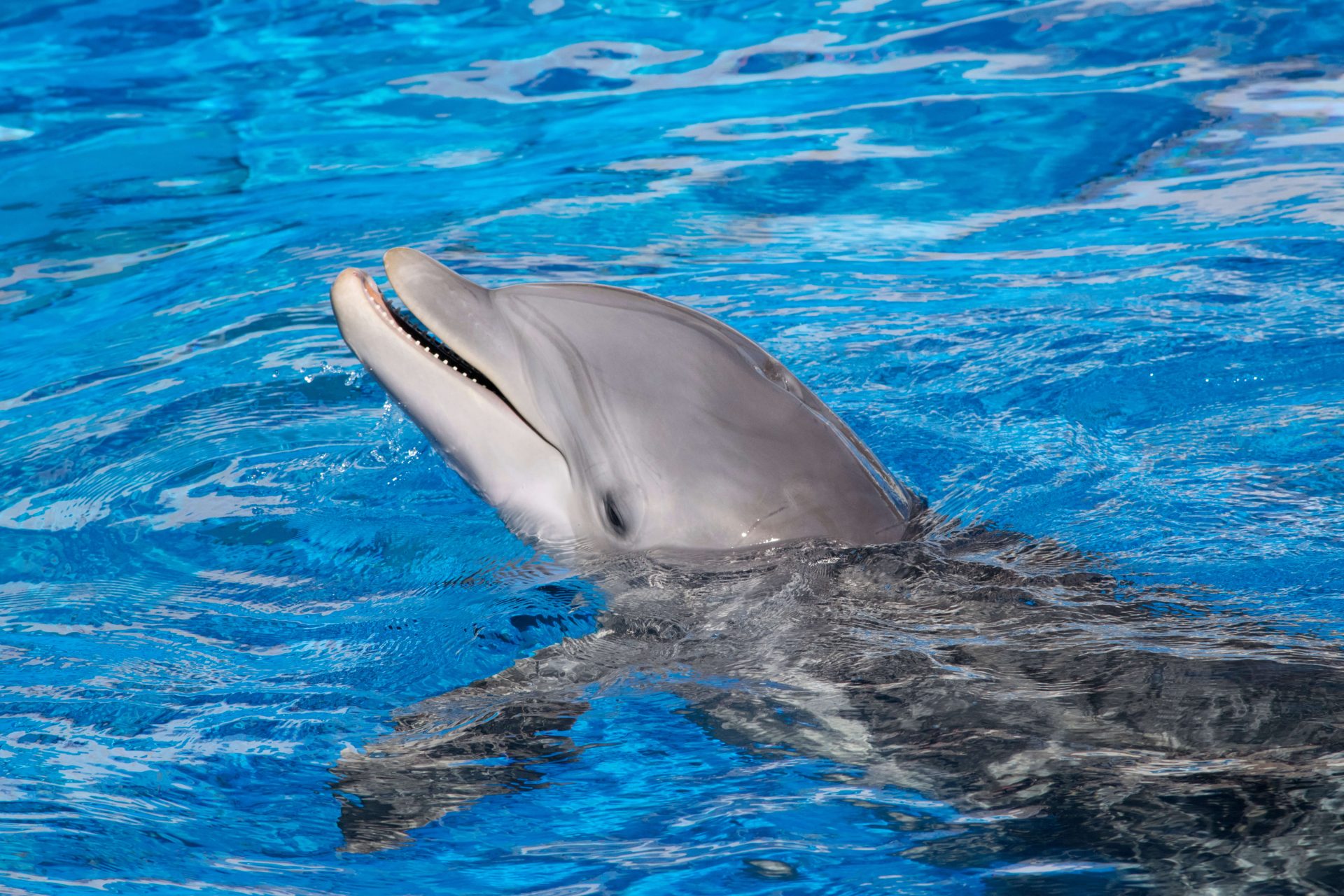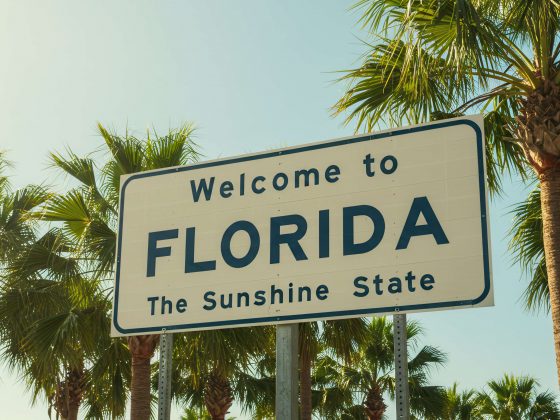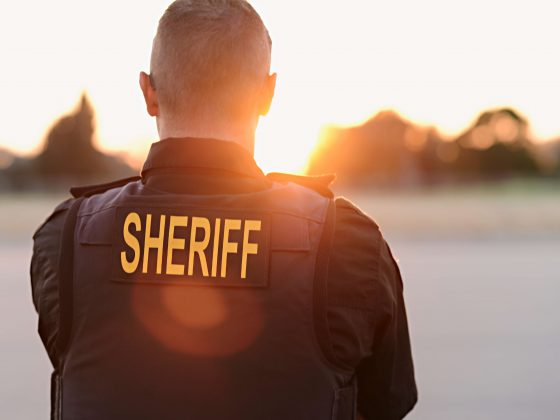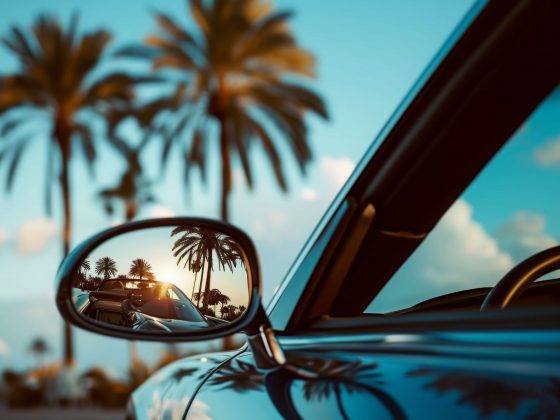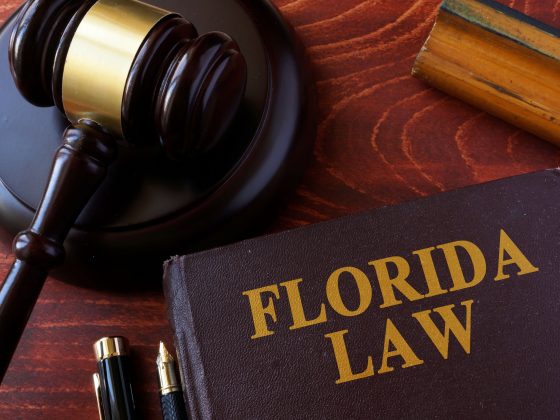Picture this: you’ve just moved to Florida, and there you are, driving down a road, a highway, or a side street, observing all the cars and trucks around you. You see minivans and sports cars, SUV’s and RV’s. There are all shapes, sizes, makes, and models. Some are old, some are new, and some are of an age that is difficult to determine. It’s a whole parade of vehicle variety. And then you start to consider the notion of variety. You realize that in and amongst all the various modes of private, wheeled transportation, you’ve noticed several different license plate styles.
Use eTags© to Quickly Complete Your DMV Service. Renewals, Title Transfers and More, All Online!
You’ve spotted tags naming a college or university. You’ve seen sports teams and military themes. You’ve noticed wild animal preservation and environmental conservation. You’ve passed plates promoting medical research, funding for the arts, fighting against drugs, supporting law enforcement, loving horses, mentoring kids, and many more.
So, what is all this, you wonder. Where you come from, you’ve seen one, maybe two, possibly three license plate alternatives. But all these here in the Sunshine State all the many, many options you’ve observed in the tag department…what is going on here exactly, you want to know.
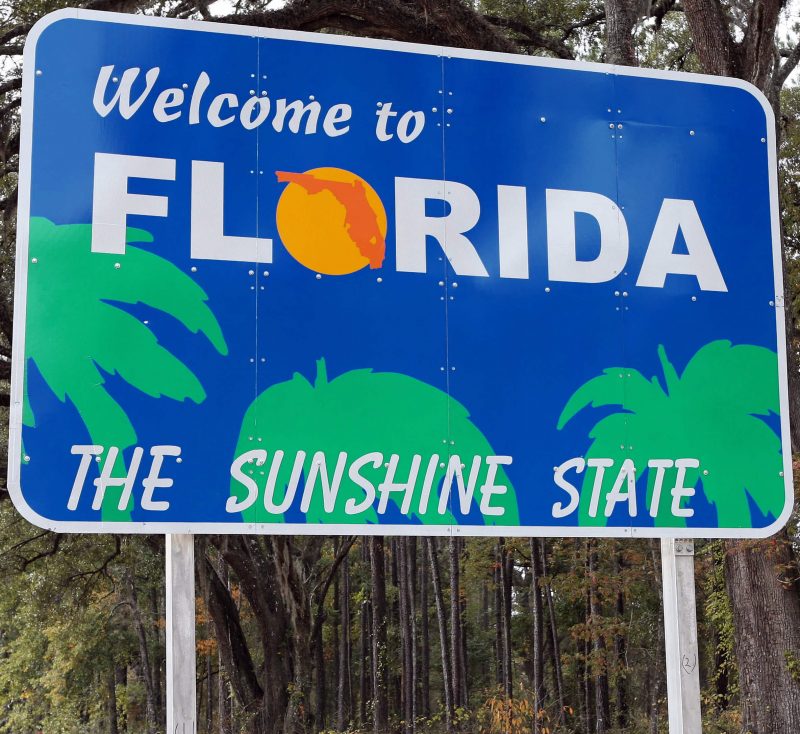
Well, you’ve stumbled upon just the right place to uncover the mystery behind the oodles and oodles of plate options in Florida. You see, Florida has a program called Specialty License Plates. What this program does is make available a very long list of unique, individually designed registration tags whose proceeds are directed to the charity that corresponds with the design.
Here at eTags, we are a proud partner of the Specialty License Plate Program, and in an ongoing series, we highlight one special design and explain the background, purpose, and organization associated with that design. So we will explain how things work, and focus on one particular theme as an example.
Today’s center stage in our Florida Specialty Plate Spotlight Series belongs to Protect Wild Dolphins.
The Protect Wild Dolphins Specialty Plate is connected to The Florida Atlantic University (FAU) Harbor Branch Oceanographic Institute (HBOI). The HBOI is a nonprofit organization founded in 1971 with the aim of preserving the environment by acquiring a deep understanding of the ocean. Having become acquired by FAU in 2007, the current mission of the organization is to prioritize research that is driven by discovering and implementing solutions to critical issues relating to coastal zones, oceans, and human well-being.

The scientists at FAU Harbor Branch are dedicated to approaching their work with a global viewpoint. They conduct their research accordingly: embarking on studies across the world, throughout varying climates, different ecosystems, and diverse cultures.
A selection of their research efforts, areas of concern, and activism are:
- Marine Ecosystem Conservation. This includes conserving critical habitats, protecting wildlife, sustaining fisheries, understanding impacts on human health, and monitoring and modeling.
- Ocean Health: Human Health. The two major issues under focus here are understanding how declining environmental conditions affect humans, and discovering and safeguarding potential therapeutics born from the ocean.
- Aquaculture Innovation and Food Security. Three facets of focus under this umbrella are sustainable design, food security, and restoration and replenishment.
- Ocean Engineering and Applied Technology. This area of research and action involves national defense techniques, renewing of energy, unmanned underwater research, and ocean optics.
But beyond the grand scale of research and preservation that FAU HBOI is involved in, we also can look at their mammal rescue efforts. They have in place a program called Stranding and Population Assessment. This program is made up of a team of experts who respond to animal strandings, rescue events, perform monthly photo identification and population assessment, and participate in outreach and educational activities.
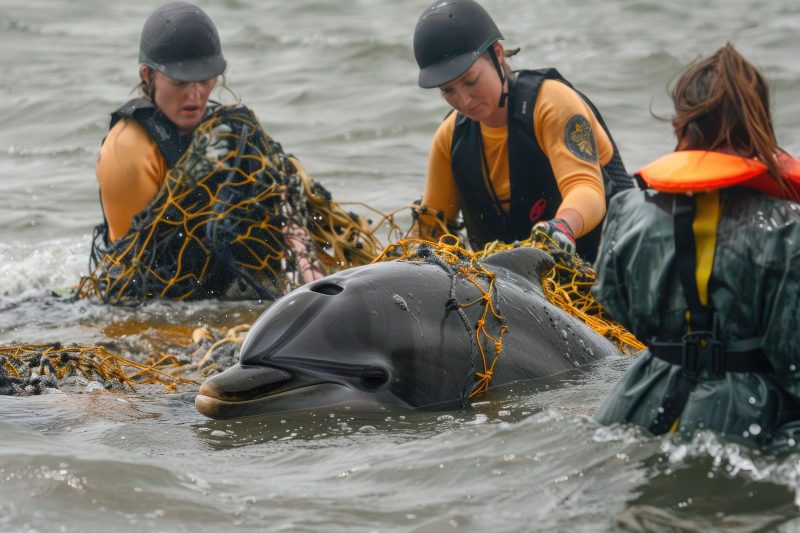
The FAU Harbor Branch Team has responded to more than 242 strandings in twenty years.
Stranding response involves arriving at the scene of the animal in distress (either floating in the water or unable to move on the beach) and determining what help the creature needs in order to be returned to its natural habitat. The team assesses whether the mammal is well enough to go back into the wild, if it requires medical assistance and protected recovery, or in unfortunate cases, uncovering the cause of death.
In addition to stranding responses, the FAU Harbor Branch also participates in rescues. Along with the National Marine Fisheries Service, the team assists in disentanglements and the relocation of out-of-habitat dolphins. They have been involved in 54 disentanglements and rescues, and continue to help saving these mammals throughout the year.
Occasionally, when the animal has already died, the Stranding and Population Assessment Team will perform necropsies, investing the cause of death, thereby supporting the ongoing research of marine mammal health.
So, back to the plates you’re watching whiz by. What does all this environmental work have to do with all that? Well, say you decide you’d like to help the FAU Harbor Branch in their magnanimous efforts, but you’re not sure how. This is how: upgrade your regular license plate to a Protect Wild Dolphins Specialty Plate, and the extra fee paid for the cute design goes directly towards supporting this beautiful cause.
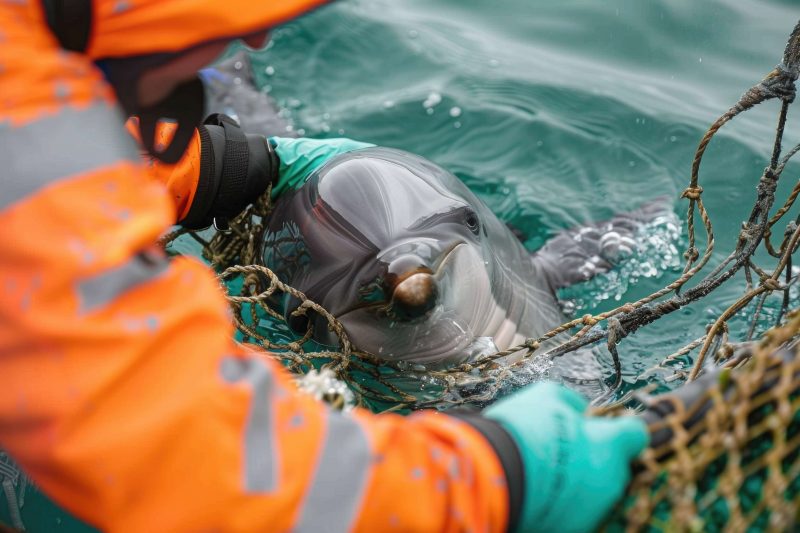
It’s a proper charity with very little effort and very high impact.
By sporting a Specialty Plate, you are giving back and showing your dedication at the same time. And what’s really cool about the program allows you to choose a plate of your choice at any time during your registration period. You don’t have to wait for your renewal window, and you don’t have to wait until you get a new car. You are free to upgrade at any time!
And if the fancy strikes you, know that you also have the option to personalize your plate. So let’s say you always wanted a pet dolphin named Sparky, but you’ve realized that’s a bit impractical. You can still live your dream (sort of) by purchasing a Protect Wild Dolphins plate and opting for the letter combo of SPRKY on the tag. Or something along those lines…
Ready to upgrade? Visit us as eTags, and let’s get that dolphin swimming!
